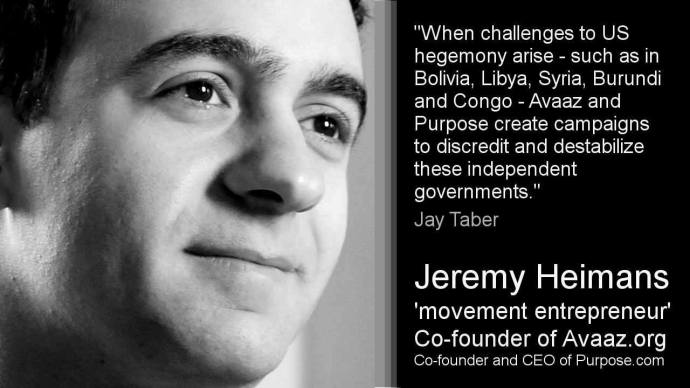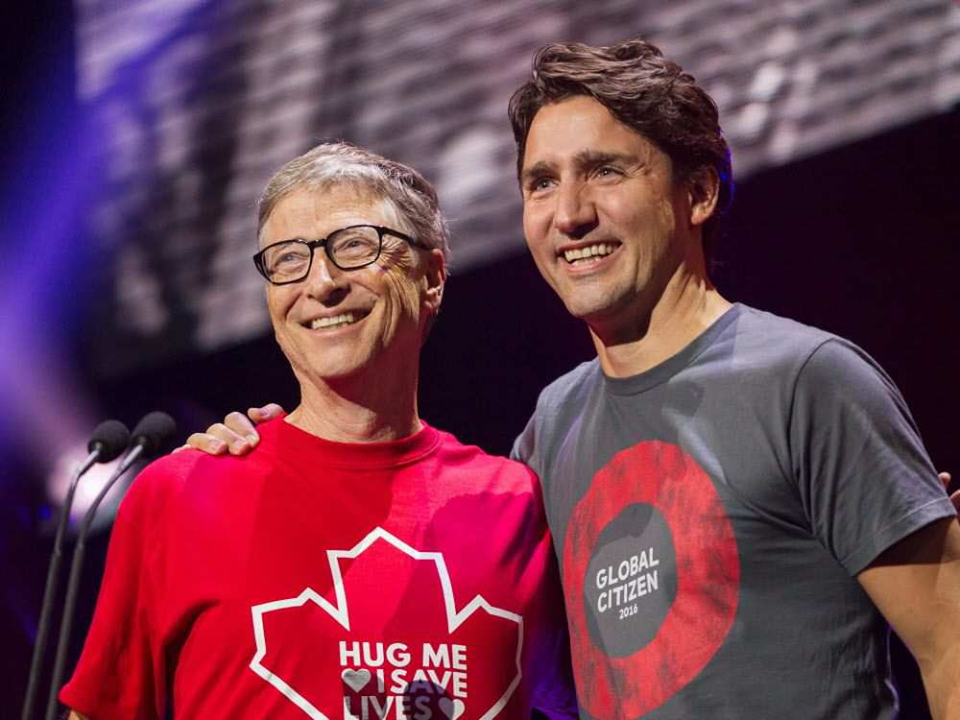What to Expect From BBC Panorama and Guardian’s Whitewash of UK Gov’t Funding Terrorists in Syria
December 4, 2017
By Vanessa Beeley
The BBC will be carrying out a controlled journalistic “explosion” on their Panorama programme, airing tonight in the UK. Their report, dramatically titled, “Jihadis You Pay For” is about to expose UK Foreign and Commonwealth Office (FCO) for the funding of extremist and terrorist groups in Syria via their “Free Syrian Police” project set-up in ‘rebel-held’ areas of Syria since 2014.
To referee this virtual clash of the titans, The Guardian has been drafted-in to do the honours.
“The report, Jihadis You Pay For, will claim that Foreign Office money paid to the FSP reached people with links to the extremist group al-Nusra Front.” ~ The Guardian
Mike Raddie of BSNEWS commented:
“Is the Guardian’s Daniel Boffey attempting to whitewash the massive scandals of FCO and BBC funding and working with extremist groups in Syria? Why did he not ask Vanessa Beeley or Robert Stuart to explain how these UK institutions are working alongside al Qaeda/ISIS linked groups inside Syria?
Is it any wonder the Guardian has closed reader feedback on the story, less than 8 hours after it was posted? “Comment is Free” so long as you don’t mention unsayable truths such as BBC’s Panorama and Boris Johnson’s Foreign and Commonwealth Office are both working with and financing al Qaeda in direct contravention of UK anti-terror legislation.”
Boffey’s response to Raddie’s inquiry:
Is @DanielBoffey attempting to whitewash the massive scandals of #FCO AND #BBC paying and working with extremist groups in #Syria? Why did he not ask @VanessaBeeley (https://t.co/DOZs5kQlXM) or @cerumol (https://t.co/DJNOG4zUuc) we wonder? https://t.co/fDOU86nhjf
— bsnews (@bsnews1) December 3, 2017
In other words, if you don’t adhere the mainstream media’s narrow narrative, then you must be a Russian agent.
We thought that “Comment is Free” (CIF) at The Guardian, but apparently not. Perhaps #CommentIsNotFree or #CINF would be appropriate hashtags when discussing this on Twitter.
Patrick Henningsen of 21st Century Wire made the following point:
“Nice to see the Mainstream Media fraternity close ranks this morning on UK FCO/Funding Terrorism story. Just remember which media outlet broke this story first. None of these MSM outlets will dare link to us, or mention name Vanessa Beeley because then they would have to acknowledge this story is much bigger than the little pigeon hole they’ve carved out – which they will “manage” into oblivion, as w/ 2night’s BBC Panorama soft ball pitch. Who’s the real independent media? Here, we beat them, and with a much bigger story”
21WIRE has always known that the White Helmets, the Free Syrian Police and al Nusra terrorists were part of one enclave – because unlike the The Guardian and the BBC, we actually went and looked for ourselves. Here’s one promotional poster for the new UK-backed “Local Councils,” the Free Syrian Police and White Helmets found at a White Helmet base in East Aleppo (Photo: Patrick Henningsen, May 2017 @21WIRE)
21st Century Wire predicts (although we’d love to be wrong on any of these) what the BBC will NOT cover in tonight’s Panorama report on the “Jihadis You Pay For” scandal:
1. BBC Panorama will not mention the connections between the White Helmets and the Free Syrian Police as detailed in Vanessa Beeley’s investigative article (see report link below).
2. BBC Panorama will not mention the actual terrorist leadership of many of these UK FCO financed organisations which include the Free Syrian Police, the White Helmets and the Local Councils.
3. BBC Panorama will not include evidence of recent atrocities committed by members of the Free Syrian Police or their White Helmet associates, they will focus on evidence of such collusion with terrorism in 2014. This will ensure that they can always say the protagonists have since been “sacked” or have repented their terrorist ways and joined the ranks of the saviours of all mankind.
4. BBC Panorama will not mention the rebranding of these many organisations that are working hand in hand with terrorism in Syria, in order to muddy the waters of UK FCO funding of terrorism & the dirty war against Syria that has been waged for 7 years.
5. BBC Panorama will not mention the £ 200m that has been used to finance the Syrian “opposition” via the Conflict Stability and Security Fund.
6. BBC Panorama will not mention the lack of freedom in the UK which means Freedom of Information requests in relation to the UK FCO funding of terrorism in Syria remain unanswered. Nor will the BBC mention that the UK Government is not being held accountable for its spending on such organisations.
In light of the BBC, The Times and The Guardian whitewash of this story, we are now calling for a PUBLIC ENQUIRY into the use of UK Overseas Aid money in Syria.
Once again, rather than report on the real scandal – which includes the saintly White Helmets and other covert shadow state-building projects in terrorist-run areas of Syria, the mainstream media are controlling the damage and managing the fall-out on behalf of the state. Meanwhile, the wholesale suffering continues as the Syrian people remain under attack from NATO member state-sponsored terrorism and punishing economic sanctions, and the UK Government funding for the Syrian “opposition” (terrorists) via its Conflict Stability and Security Fund (CSSF).









































































































